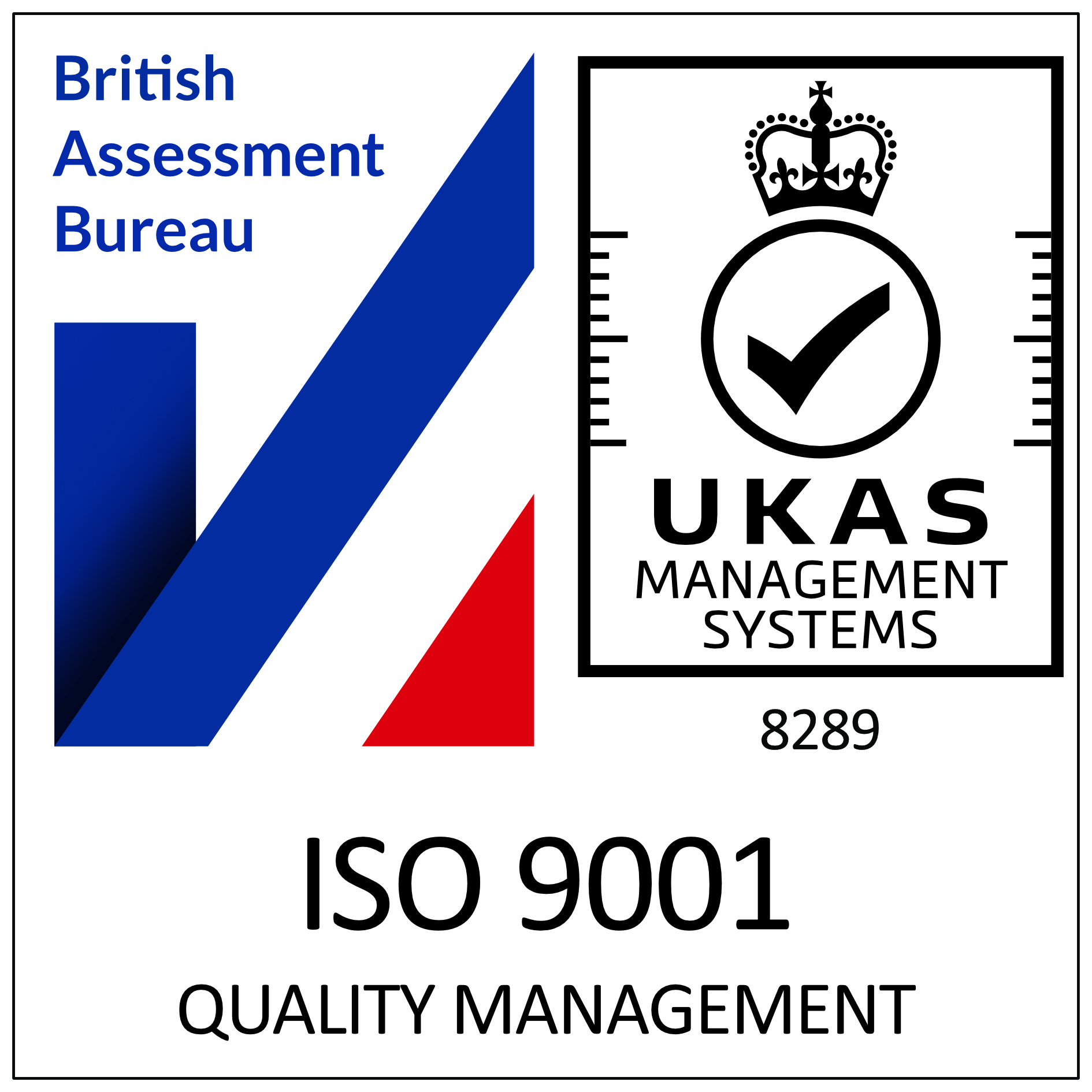Key requirements for recording studio doors
There are a number of environments in which soundproof doors are a necessary requirement – hospitals, schools, theatres, hotels and such, but one of the most obvious examples is a recording studio. You need your acoustic doors to have a dual purpose – to keep the actual recording sound inside the studio, so as not to disturb neighbouring rooms, and also, to prevent any outside noise entering the studio and interfering with the recording.
The last thing you want when using expensive studio recording time is to discover background noise from outside when playing your session back!
What type of doors do you need for a recording studio?
Sound reduction and control is a complicated issue – unlike other specialist doors, fire doors for example, the highest rated door is not necessarily the best choice for you. This is because ratings are based on average noise reduction across an average range of frequencies, so it is important that the specific, relevant frequencies are established, and considered, in order to make the most appropriate choice of soundproof door.
Other factors need to be taken into consideration, such as the room furniture and equipment, and how the diffusion and absorption of these features will affect the sound, along with the room dimensions and layout. Only when all these factors have been considered, will you know exactly what is required from your bespoke acoustic doors.
You need a door that is not just soundproofed, but will ensure that the acoustics are optimised to the most effective levels. In a recording studio, it is typically the low frequency sounds that need considering and reducing.
Note that acoustic doors ratings are between 31db and 54db.
Door frames and fittings
It is important to consider not just the doors themselves, but the complete door set. The frame in which they sit needs to have the appropriate seals to prevent noise travel in both directions. Often recording studio doors will have glass panels, in order to allow people to observe proceedings, and to prevent others accidentally walking into the studio and disturbing the recording session. In these instances, the appropriate glazing must be considered.
Add another level of health and safety
It is worth considering the health and safety issues of such a building or space and noting that soundproof doors not only reduce sound from travelling, but can also act as fire safety doors. Acoustic doors can be obtained with dual certification for both noise control and fire safety.
A final consideration – ideally, you will want an acoustic door that has been Quiet Mark approved – this is an industry recognized symbol of quality and excellence.








